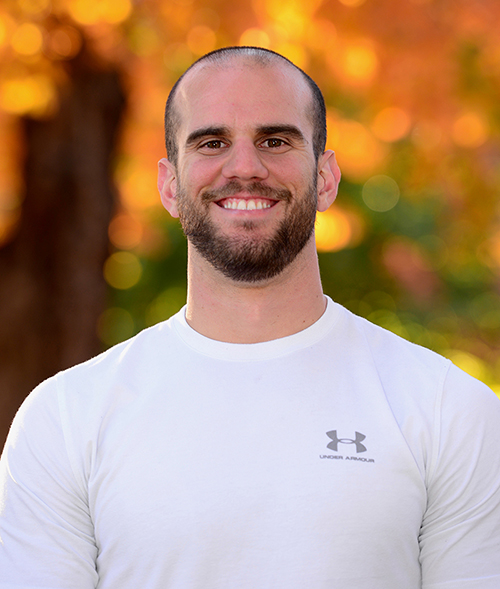Research on Coffee Consumption Shows Adverse Effect on Fluid Balance
Most of us have heard that coffee increases urine output because of the caffeine. But, what is the evidence of a diuretic effect from drinking the beverage that is popular with everyone from teens and hipsters to the elderly?
New research from the Hydration Science Laboratory at the University of Arkansas suggests that habitual coffee drinkers who drink more than two cups of strong coffee could experience caffeine-induced diuresis. Adam Seal, a doctoral student in exercise science, co-wrote a paper on the research with his adviser, Stavros Kavouras, who is an associate professor of exercise science, and collaborators from Arkansas and Greece. The paper was published recently in the journal Frontiers in Nutrition.
Maintaining fluid balance, which is vital for health and well-being, can be compromised by failing to consume sufficient fluid to replace lost fluid, leading to dehydration. Diuresis, which can be caused by high caffeine intake, increases urination and so can upset fluid balance.
In the article, titled "Coffee with High but Not Low Caffeine Content Augments Fluid and Electrolyte Excretion at Rest," the authors suggest that caffeine intake of about 500 milligrams in the form of coffee can induce an acute diuretic effect although ingesting 250 milligrams of caffeine a day did not disturb fluid balance in healthy, casual coffee-drinking adults at rest.
Those caffeine amounts relate generally to more than two cups of strong coffee and one to two cups of coffee, respectively. A standard cup of coffee usually ranges from 95 to 165 milligrams of caffeine. However, previous studies have shown that caffeine content of a large cup of coffee from a coffee shop could be as much as 564 milligrams, with significant variation from day to day.
Over the past 10 years, other research has shown potential health benefits to drinking coffee on a regular basis, the article noted, including reduced risk of type 2 diabetes, metabolic syndrome and obesity. And, although there are national guidelines on total water intake, including fluids and food, the authors found no clear consensus on the effectiveness of different fluids on hydration.
Ten study participants visited the lab on three separate occasions. One time they drank water, the second time they drank coffee with low caffeine and the third time they drank coffee with high caffeine. After the participants drank the beverages, researchers collected and tested their urine three times over the next three hours.
One strength of the study, the researchers said, was its use of coffee rather than a caffeine tablet or other beverage. Coffee is the second-most consumed beverage after water, making the results of the study applicable to large populations of habitual drinkers, although possibly less so for people who only occasionally drink coffee.
Contacts
Heidi S. Wells, director of communications
College of Education and Health Professions
479-575-3138, heidisw@uark.edu
